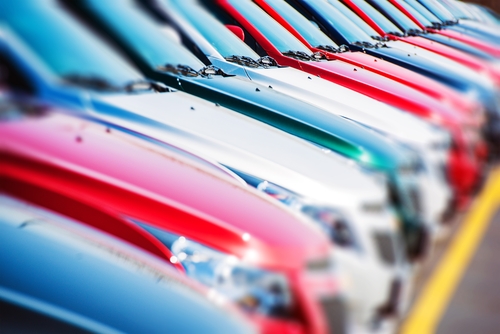
In light of the VW emissions testing scandal, FIA Region I continues to urge the introduction of a more rigorous testing procedure for vehicle emissions and fuel consumption in the EU. Although vehicles are passing the tests, a growing body of evidence shows that virtually no vehicle, whether diesel or petrol, can comply with emissions levels achieved in testing when in real-world settings.
Jacob Bangsgaard, FIA Region I Director General, said: “The running cost is of great concern to consumers so they should continue to demand that vehicle manufacturers develop solutions to ensure that vehicles become as efficient as possible on our roads. If the current system results in efficiency benefits being withheld from consumers, then policymakers must improve it. European drivers should decide which technology is best suited to their needs based on accurate information on what vehicles are emitting and consuming.”
The FIA and its members have consistently supported the introduction of a robust test cycle and real driving emissions measurements. According to the ICCT, the gap in CO2 emissions on the road, as opposed to in the laboratory, has reached 38% in 2013 compared to 8% in 2001. FIA Region I member, ADAC in Germany, has run independent ‘eco tests’, which frequently unveil particulate level variations from 7-20 times more than allowed in European legislation.
Motorists bear the burden of this gap and they are increasingly penalised by the authorities on particulate emissions as well. Legislators should limit the information asymmetry by:
A variety of technologies are needed to safeguard future mobility. However, we cannot ensure optimal customer take-up, unless they can based their expectations on sound information. Testing optimisation is not only deceiving to consumers, it is also detrimental for society as a whole.
[END]
NOTES TO EDITORS
About FIA Region I
The FIA Region I office, based in Brussels, is a consumer body representing 111 Motoring and Touring Clubs and their 38 million members from across Europe, the Middle East and Africa. The FIA represents the interest of these members as motorists, public transport users, pedestrians and tourists. The FIA’s primary goal is to secure a mobility that is safe, affordable, sustainable and efficient. With these aims in mind, the FIA Region I work focuses on Road Safety, Consumer Protection, Environmental Protection, and the promotion of Sustainable Motoring. www.fiaregion1.com